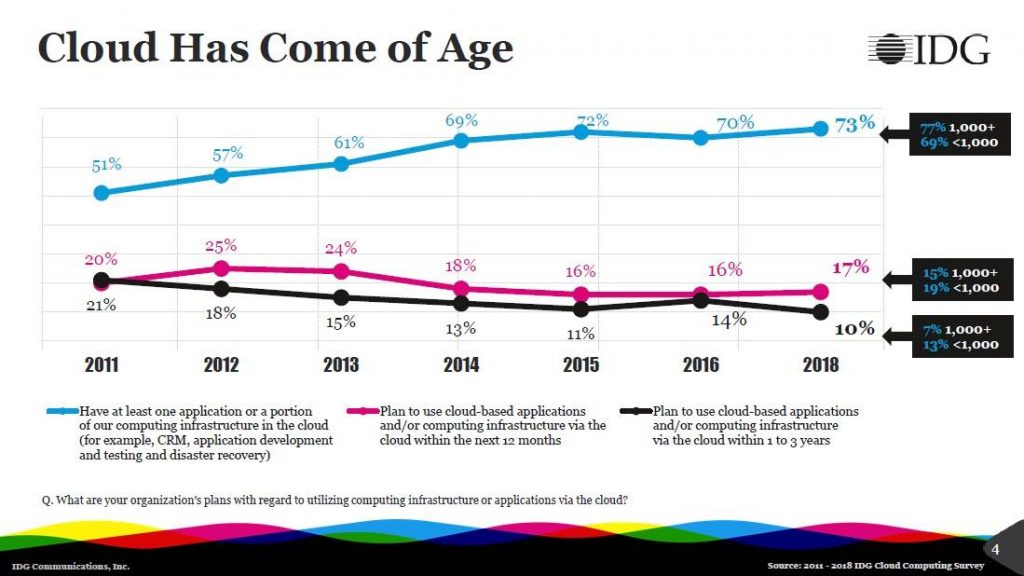I came across this blog post – “Goodbye Docker and Thanks for all the Fish” – which talks about the not-so-eminent, but very predictable death of Docker as both the technology, and the company. The gist of it is that container orchestration kicked in, and made Docker very replaceable with alternative container solutions. So much so, that in the upcoming release of the Red Hat Enterprise Linux 8 Docker has been replaced by Podman and a few other tools.
While I don’t know enough to have a strong opinion on the subject, the logic expressed in the blog post kind of makes sense to me.
All that reminded me of the recent interview with Simon Wardley, with the title providing the oversimplified summary:
Containers won the battle, but will lose the war to serverless.
Serverless concepts have been getting a lot of hype recently as well. And while I like where it’s going, I don’t think serverless will become a reality any time soon. Sure, it’s very applicable to smaller and simpler applications and well-engineered environments. But I think it’s more of a dream for the medium and large enterprise sector.
The thing is that the world moves at a much slower pace than we, in technology, would like to think. This Forbes article quotes some numbers from the study by IDG that shows that even the cloud adoption in the enterprise is far from complete yet.

The benefits of the cloud computing are obvious, but it takes time, and often a lot of it, to adopt the new technology and rip those benefits.
Once the cloud dust settles a bit, containers are the next on the list. I don’t have any hard numbers for container adoption in the enterprise, but my gut feeling is telling me that they are way below the cloud numbers (have a look at this study to get the feeling).
Serverless, in my mind, is the step after the containers. So even if that’s the future, it will take a long long time to get there.
Or maybe it won’t. Sometimes, the world gets so far behind the technology curve, that it jumps ahead by skipping steps. An example of that would be telephony in China, which went from almost nothing directly to mobile telephony, practically skipping the landlines.